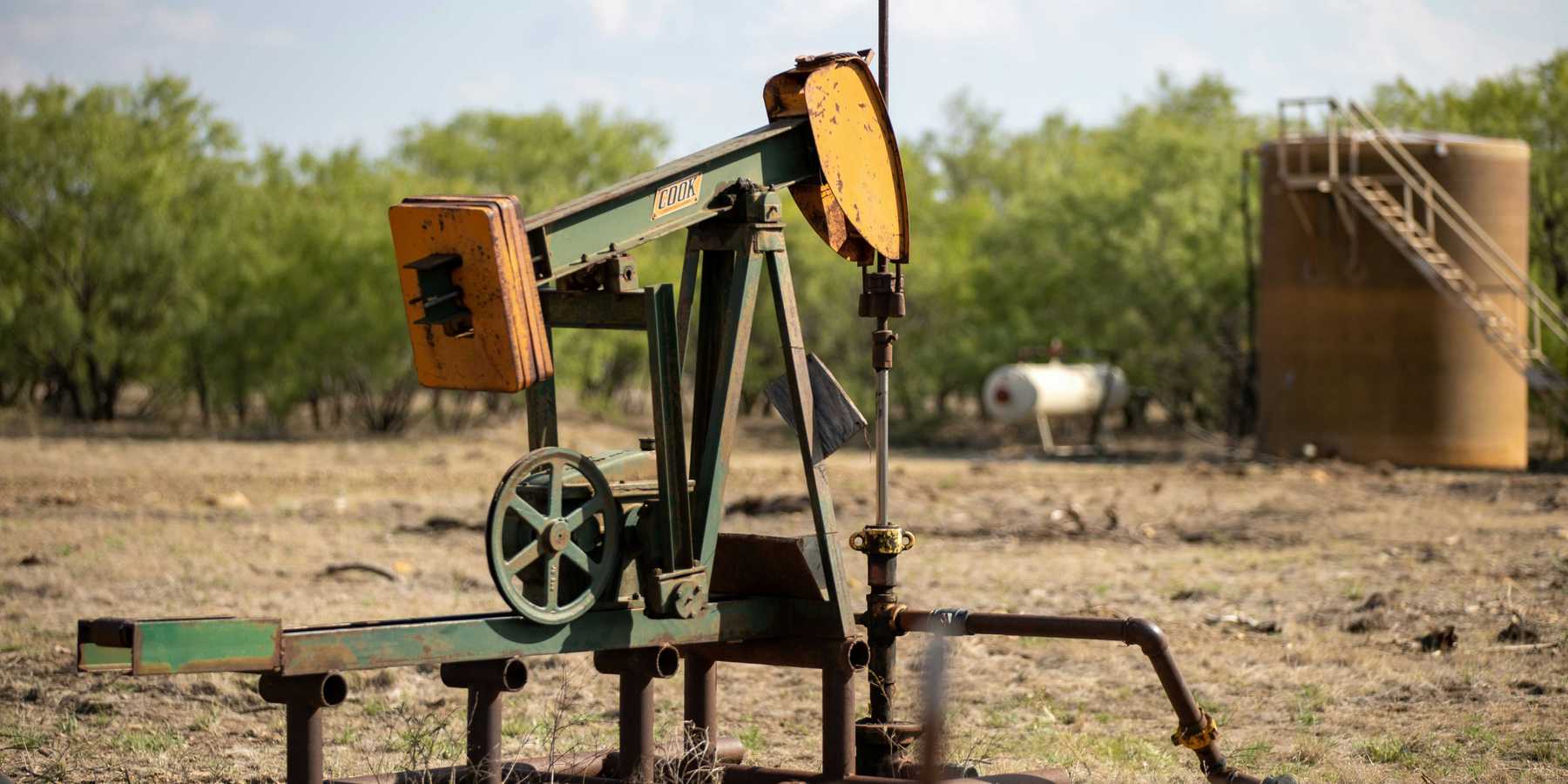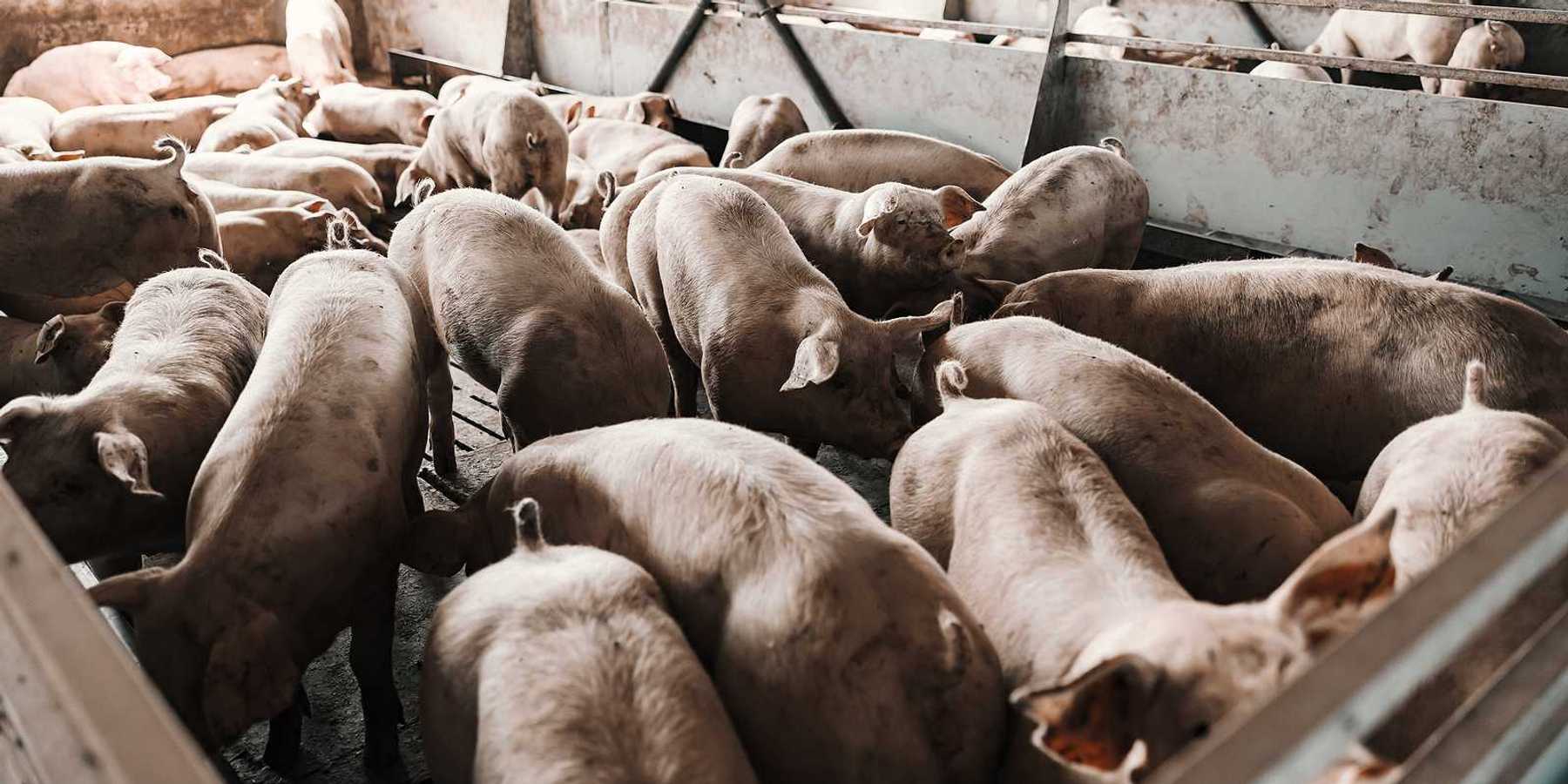Shell’s petrochemical plant in Pennsylvania still hasn’t spurred economic development: Report
The county that’s home to the plant continues to fall behind the rest of the state and the nation in key measures of economic activity, according to a new analysis.
PITTSBURGH — After more than two years in operation, Shell’s petrochemical plant in Pennsylvania has failed to deliver economic growth to the surrounding region, according to a new report.
Western Pennsylvania’s Beaver County, which is home to the plant, is worse off than it was before the Shell plant was announced in terms of jobs, businesses and GDP, according to the report, which was authored by the Ohio River Valley Institute, a progressive nonprofit.
When Shell first proposed its Pennsylvania plastics plant in 2012, state lawmakers gave the company a $1.7 billion subsidy — the largest ever offered by the state at the time — to bring the plant to Beaver County. Lawmakers who supported the subsidy pointed to studies commissioned by Shell that claimed the plant would provide significant economic revitalization to the region.
“If you're a taxpayer in Pennsylvania, you should be asking for a refund right about now because you got robbed,” study co-author Eric de Place said during a press call. “There are hardworking people in that county who deserve better. They deserve better from their elected officials, they deserve better from their business community and they deserve better from the state of Pennsylvania and the legislature that's made these decisions on their behalf.”
This report updates two similar analyses published by the same group in 2021 and 2023, with all three reports relying on data from government agencies including the U.S. Census Bureau, the Bureau of Labor Statistics and the Bureau of Economic Analysis. The new report includes data for the time period after the Shell plant became operational in late 2022.
According to the report, Beaver County’s GDP has shrunk by more than 12% since 2012, despite double-digit growth in Pennsylvania and the nation, adjusting for inflation.
The report also found that:
- Beaver County’s population has fallen by nearly 3% despite population growth nationally and statewide.
- Beaver County’s employment has dropped by more than 13%, according to the Quarterly Census of Employment and Wages, while the number of employed people grew in Pennsylvania and the U.S.
- Beaver County has lost business firms and establishments despite business growth nationally and statewide.
In contrast, a 2021 study commissioned by Shell projected that the Shell ethane cracker would bring $260 million to $846 million in annual economic activity in Beaver County, that the plant and the indirect jobs it would create would add between between 777 and 1,444 new jobs for Beaver County residents, and that labor income increases in Beaver County would be between $73 and $120 million, resulting in the addition of $10.3 to $16.7 billion to Beaver County’s economy over 40 years.
Public health costs and advice for lawmakers
Shell’s plant takes fracked ethane gas and turns it into tiny plastic pellets that are ultimately used to make plastic products like bags and packaging. This process emits large volumes of air and water pollutants including volatile organic compounds, carbon monoxide, nitrogen oxides. These pollutants are linked to health effects including asthma, heart disease, mental health symptoms, poor birth outcomes, endocrine disruption and cancer.
Residents of Beaver County are bearing the public health costs associated with these emissions. Within six months of starting operations, the plant had exceeded its 12-month emission limit for numerous pollutants. Shell has been fined $10 million dollars by state regulators, about half of which is going toward impacted communities, and is being sued by advocacy groups representing local residents.
Plants like the Shell ethane cracker in Pennsylvania have been proposed throughout the U.S., as fossil fuel companies turn toward plastics production to keep their products in demand amid global decarbonization and the transportation sector’s shift toward renewables.
For example, ExxonMobil is currently seeking tax breaks to construct a similar ethane cracker in Calhoun County, Texas, about two and a half hours southwest of Houston.
“I would urge [Texas lawmakers] to take a hard look at actual economic performance, not marketing hype,” de Place said. “And I would urge them to include ‘clawback’ provisions if the promised results don't materialize.”













